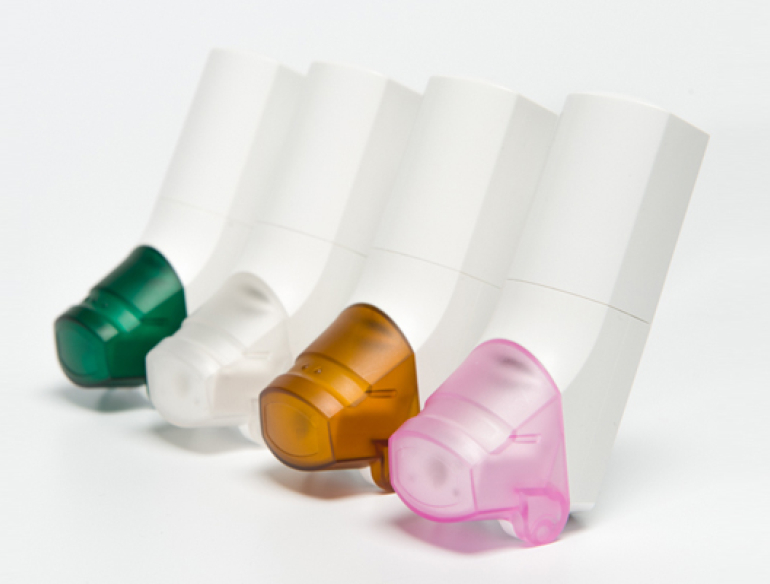The world is currently experiencing a virus pandemic of SARS-CoV-2, which attacks the respiratory system and can have life-threatening complications, such as pneumonia and acute respiratory distress syndrome (ARDS). There is currently no vaccine or approved treatment specific to the virus. Treatments are desperately needed to reduce the number of people experiencing life-threatening COVID-19 disease.
Our treatment approach is based on an established platform used to generate antiviral HIV-1 RNA therapeutics. This platform is now being used to develop antiviral RNA therapeutics targeting COVID-19. We will deliver this antiviral COVID-19 treatment using specialised nanoparticles via inhalation using an inhaler or puffer, similar to ones used for Ventolin inhalation by asthmatics.
We are currently evaluating this approach in the laboratory and will test the antiviral effect in human cells infected with the virus. We will measure the amount of virus in these treated cells to determine which ones are the most effective and should be further tested using in vivo mouse models. We are working closely with the University of Melbourne and RMIT, who will optimise the nanoparticle system. We are also collaborating with the Walter & Eliza Hall Institute, who will test the optimised antiviral/nanoparticle formulation using a mouse model that can be infected with COVID-19.
We expect this study will rapidly identify an antiviral RNA therapeutic targeting COVID-19 infection, that can be systematically developed to produce an effective COVID-19 therapy. Potential antiviral candidates have already been designed and are being tested in the laboratory.
Identification and development of an effective antiviral RNA therapeutic targeting COVID-19 infection will have an enormous impact on Australians and global populations by reducing the severity of COVID-19 infection. Importantly, this project will also decrease the intense pressure on hospitals by reducing the need for intensive care support.
- University of Melbourne
- RMIT University, Melbourne
- Walter & Eliza Hall Institute, Melbourne

